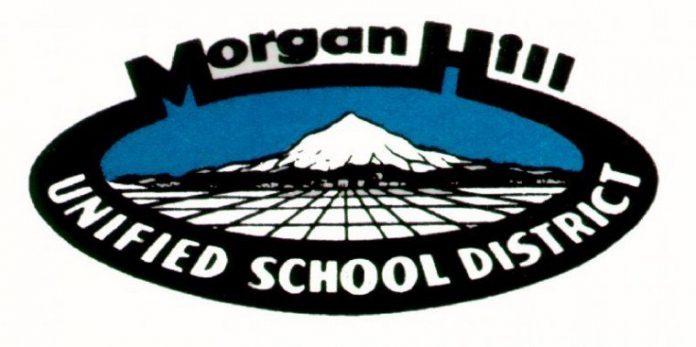Now, the hard work begins for Morgan Hill Unified School District.
In a unanimous vote (6-0, Trustee Don Moody was absent) by the board of trustees Tuesday night, a bond measure that will contribute $198 million for facility upgrades and enhancing student instruction will appear on the November ballot.
To pass, it needs 55 percent voter approval.
“This is a great opportunity for us to know that it’s local control, and that’s the difference for us and the community,” Trustee Shelle Thomas said.
As a means to bypass the uncertainty of the state’s budget, the school board believes in the value of this bond measure because the funds will be controlled by the school district.
MHUSD is grappling with budget cuts as most every other school district in the state, but the most immediate “urgent and critical” needs as described in a comprehensive project list boils down to these five points:
- Invest science, technology, engineering and math programs and make sure our classrooms and science labs are clean, well-maintained and safe for students;
- Update learning technology to prepare students for a 21st century education as well as to attract and retain the best qualified teachers and minimize teacher and staff layoffs due to state budget cuts;
- Replace aging roofs and inefficient heating, plumbing, lighting and electrical systems and other upgrades to improve energy efficiency;
- Update fire alarm and security systems to ensure students are safe;
- Retain all bond money to be used in our local community.
In one of the more prominent decisions made by the board this year, trustees, along with other advocates of the bond, will dive into promoting the passage of the bond and educating voters.
But before they begin knocking on doors and hosting community forums, the board responded with an emphatic yes Tuesday night at its regular school board meeting.
“I think this is a great program. It’s well-designed and well-thought out. It strikes a balance of taking care of facilities that belong to this community … and also offers an opportunity to enhance instruction,” Trustee Peter Mandel said.
Mandel stressed that simply asking the community whether or not they want to contribute to their public school system is inherently important.
“If we never ask the community, ‘Do you support this?’ I don’t think we’ve been doing our jobs. This is the next way to ask the question. It’s important to invite the community to invest in our schools and our students,” Mandel said.
Trustee Kathy Sullivan referred to the months of work the board and district did with its consultants.
Here is the proposed language of the board’s resolution that will appear on the ballot:
“To improve student access to computers and modern technology and provide a quality education, repair or replace leaky roofs, upgrade old plumbing, heating/cooling systems, classrooms and outdated restrooms, upgrade fire safety, maximize energy efficiency, improve handicapped accessibility and modernize, construct and acquire classrooms, equipment, sites and facilities, shall Morgan Hill Unified School District issue $198,250,000 in bonds at legal rates, with citizen oversight, annual audits, no funds for administrator salaries and all funds spend on local schools?”
The school district conducted a survey of about 400 voters earlier this year and found voters were open to paying a general obligation bond – or money loaned to an agency such as a school district and paid back through taxation – of about $60 per $100,000 of assessed home value. Nearly 60 percent of respondents said they would vote “yes.” That amount would generate up to $195 million.
The bond funds would be spread across all 16 schools within the district, including Central Continuation High School, the historic Machado School and the Charter School of Morgan Hill.
If the election is unsuccessful, the district will be liable to pay for all charges related to conducting the election.
Voters will also be asked to approve Gov. Jerry Brown’s tax extension Proposition 30 that would continue a one-fourth sales tax for four years and increase state income taxes over $250,000 for seven years. The money will be used to balance the state budget.








